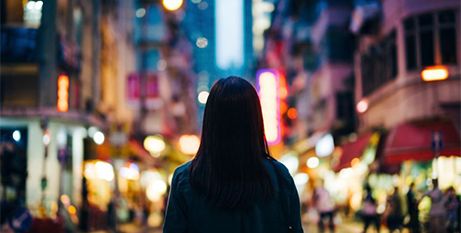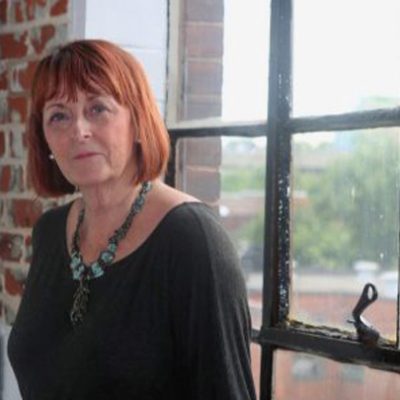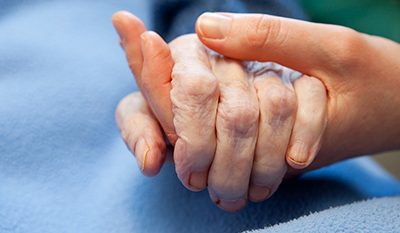
Modern slavery has been a growing part of the national conversation in recent years, yet to most Australians it remains relatively obscure, writes Melissa Halliday. Source: Eureka Street.
Last month, a Point Cook couple in Victoria was charged for allegedly enslaving a woman in their home. Nine Entertainment papers reported that a healthcare worker had raised the alarm with authorities after noticing the woman was “exhibiting indicators of human trafficking”.
In 2021, a Mount Waverly couple was found guilty of enslaving a woman in their home and were subsequently jailed for “crimes against humanity”. The 2021 case marked the first time a case solely about domestic servitude was aired in an Australian court.
So what’s happening here? These incidents of domestic slavery underscore a growing problem across Australia. According to the Australian Federal Police, in the financial year 2022-23, reports of modern slavery and human trafficking rose to 294 cases, compared to 224 in the previous year.
Further, a Global Slavery Index report found the number of people living in modern slavery in Australia had more than doubled in the past four years, owing in part at least to a spike in numbers of migrant workers to ease labour shortages.
Another explanation may be that as the crime of human trafficking, including forced marriage, becomes more known, more reports are made. International human rights group Walk Free estimated 41,000 people are living in modern slavery in Australia.
Over the past few years, slavery has been a growing part of the national conversation. This is reflected in the budget when Labor committed more than $30 million over four years towards efforts to combat modern slavery.
Today, most manifestations of modern slavery in Australia are not in the shocking headlines about domestic servitude. Rather, slavery is concealed within supply chains of everyday goods and services, notably batteries, clothes, coffee, tea and chocolate.
In Australia, forced marriage is the highest reported form of modern slavery, followed by sexual exploitation, forced labour, domestic servitude and child trafficking. The Australian Institute of Criminology estimates that for every case that is reported, four more cases are not.
Melissa Halliday is a community development advisor at ACRATH (Australian Catholic Religious Against Trafficking in Humans)
FULL STORY
Slavery is a growing problem. How should Australia respond? (By Melissa Halliday, Eureka Street)






